August 27, 2024
Is Powerball Linked To Gambling Addiction?
Discover how Powerball can lead to gambling addiction and find support to reclaim your life today!
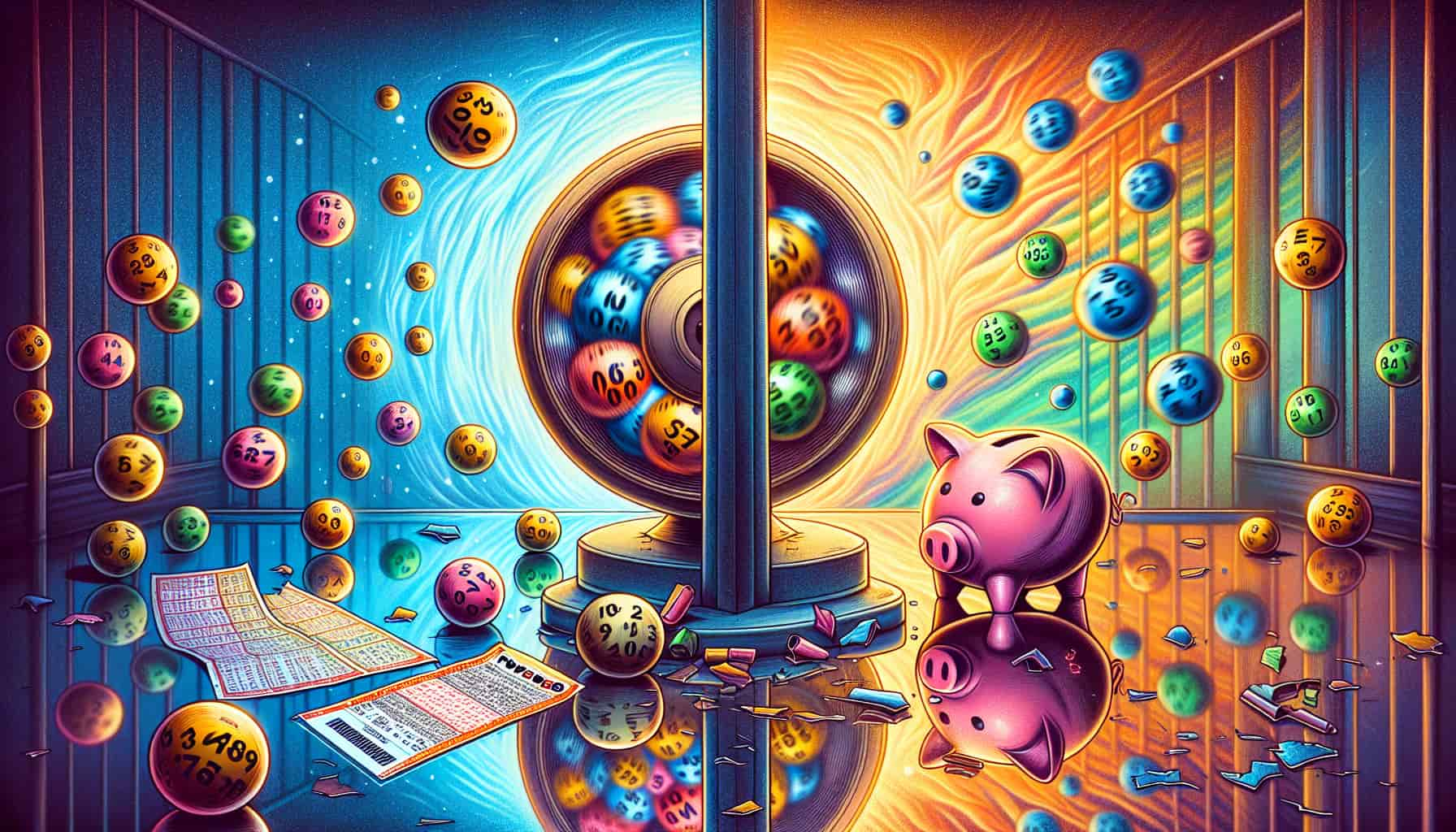
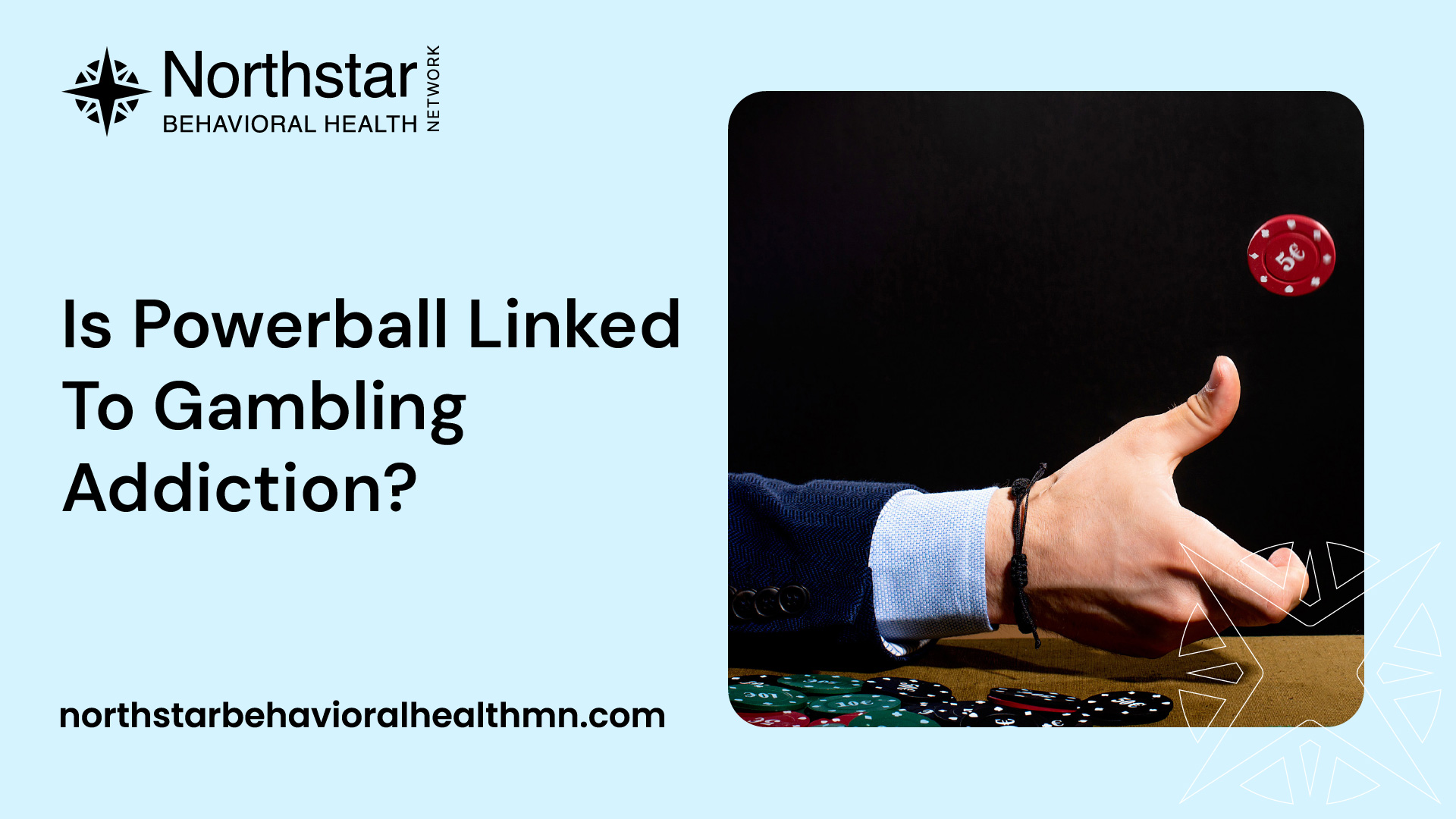
Understanding Powerball and Gambling Addiction
Powerball is a popular lottery game that attracts millions of players across the United States. Participants buy tickets with the hope of winning large jackpots, often reaching into the hundreds of millions. The allure of potentially life-changing sums of money draws many individuals to play, sometimes excessively.
The game operates on a simple premise: players select a combination of numbers, and if their numbers match the drawn numbers, they win a prize. While the odds of winning the jackpot are quite low, the excitement of participating keeps players engaged. Here are the odds of winning various Powerball prizes by prize category:
- Jackpot: 1 in 292,201,338
- $1,000,000 Prize: 1 in 11,688,054
- $50,000 Prize: 1 in 913,129
- $100 Prize: 1 in 38
Understanding these odds can help players realize the slim chances of winning, which may contribute to compulsive behavior.
The Link Between Powerball and Gambling Addiction
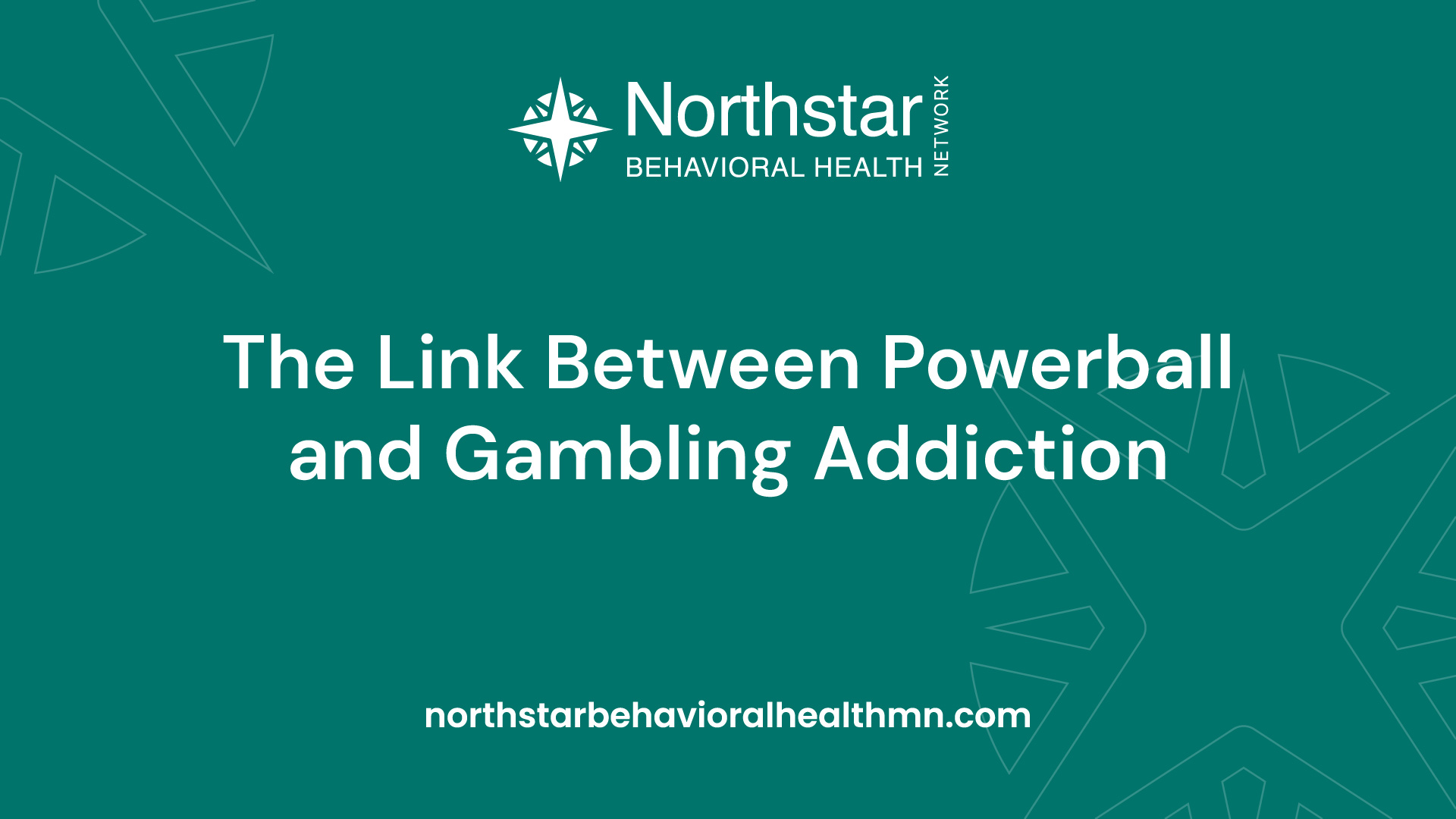
The connection between Powerball and gambling addiction is significant. Many players may start with casual participation but can quickly develop a problematic relationship with gambling. The thrill of the game, combined with the potential for large payouts, often leads individuals to spend more than they can afford.
The excitement of playing Powerball can create a cycle of hope and disappointment. Players may chase losses, buying more tickets in hopes of recovering their money. This behavior can escalate to addiction, where individuals may prioritize gambling over other important aspects of their lives.
Research indicates that individuals with a history of substance abuse, such as those highlighted in Chris Herren’s “REBOUND”: A Journey of Overcoming Drug Addiction, may be more susceptible to developing gambling addiction. Similar to drug addiction, gambling addiction can lead to severe emotional and psychological consequences.
Recognizing the signs of gambling addiction is vital. Those affected may experience increased anxiety, financial difficulties, and strained relationships. Seeking help and understanding the risks associated with games like Powerball can empower individuals to take control of their lives and seek healthier alternatives.
The Impact on Individuals
Gambling addiction can have profound effects on an individual's life. It is essential to recognize the signs and understand the psychological effects that may arise from this behavior, especially in the context of games like Powerball, which can lead to gambling addiction.
Signs of Gambling Addiction
Identifying the signs of gambling addiction can be the first step toward seeking help. Here are some common indicators that may suggest a problem:
- Preoccupation with Gambling: Constantly thinking about gambling or planning the next bet.
- Increasing Bets: Needing to gamble with larger amounts to achieve the same thrill.
- Failed Attempts to Stop: Repeated unsuccessful efforts to control or cut back on gambling.
- Neglecting Responsibilities: Ignoring work, school, or family obligations due to gambling.
- Emotional Distress: Feeling anxious, depressed, or irritable when trying to stop or when unable to gamble.
If someone recognizes these signs in themselves or a loved one, it may be a sign that they need to reach out for support. Resources for overcoming gambling addiction can provide valuable assistance.
Psychological Effects of Gambling Addiction
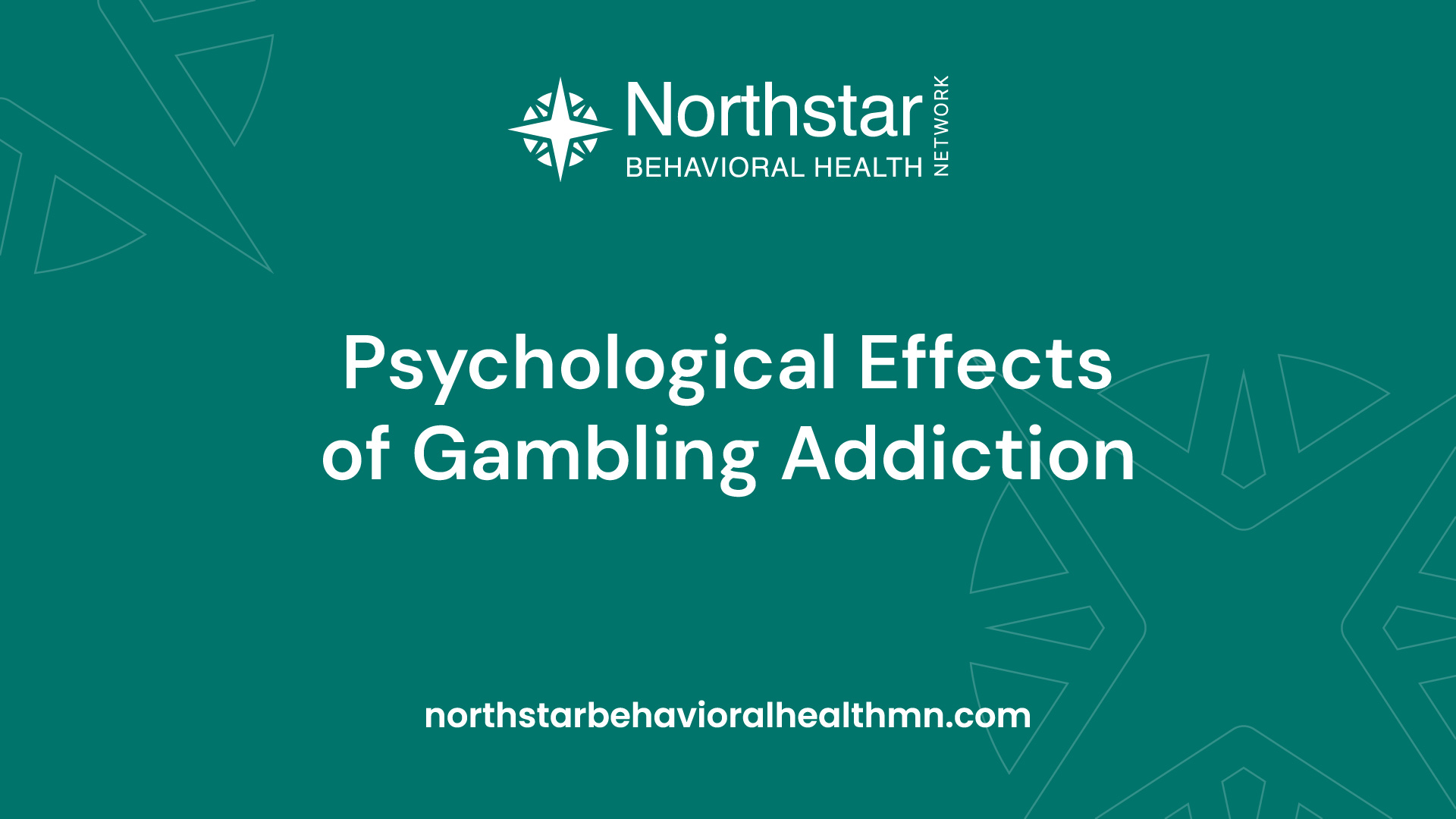
The psychological impact of gambling addiction can be severe and far-reaching. Individuals may experience:
- Anxiety: Constant worry about finances or the consequences of gambling.
- Depression: Feelings of hopelessness or worthlessness due to gambling losses.
- Guilt and Shame: Regret over the impact of gambling on oneself and loved ones.
- Isolation: Withdrawal from social interactions and relationships due to gambling behavior.
Understanding these effects is crucial for anyone struggling with gambling addiction, particularly if they feel trapped in a cycle of behavior that they can't control. Chris Herren's journey, as detailed in Chris Herren’s “REBOUND”: A Journey of Overcoming Drug Addiction, illustrates the importance of recognizing and addressing addiction.
Addressing these psychological effects can help individuals find healthier paths to recovery and regain control over their lives.
Seeking Help and Support
Recognizing the Problem
Understanding when gambling habits become problematic is the first step toward recovery. Recognizing the signs of gambling addiction can be crucial for individuals who may be struggling with the impact of games like Powerball. Some common indicators include:
- Preoccupation with Gambling: Constantly thinking about gambling, including past winnings or future games.
- Increasing Tolerance: Needing to gamble larger amounts of money to achieve the same excitement.
- Failed Attempts to Cut Back: Unsuccessful efforts to reduce or control gambling habits.
- Neglecting Responsibilities: Ignoring personal, professional, or financial obligations due to gambling.
- Chasing Losses: Continuously trying to win back lost money by gambling more.
It is essential for individuals to take these signs seriously. Acknowledging that "Powerball can lead to gambling addiction" is an important realization for anyone who may be affected.
Resources for Overcoming Gambling Addiction
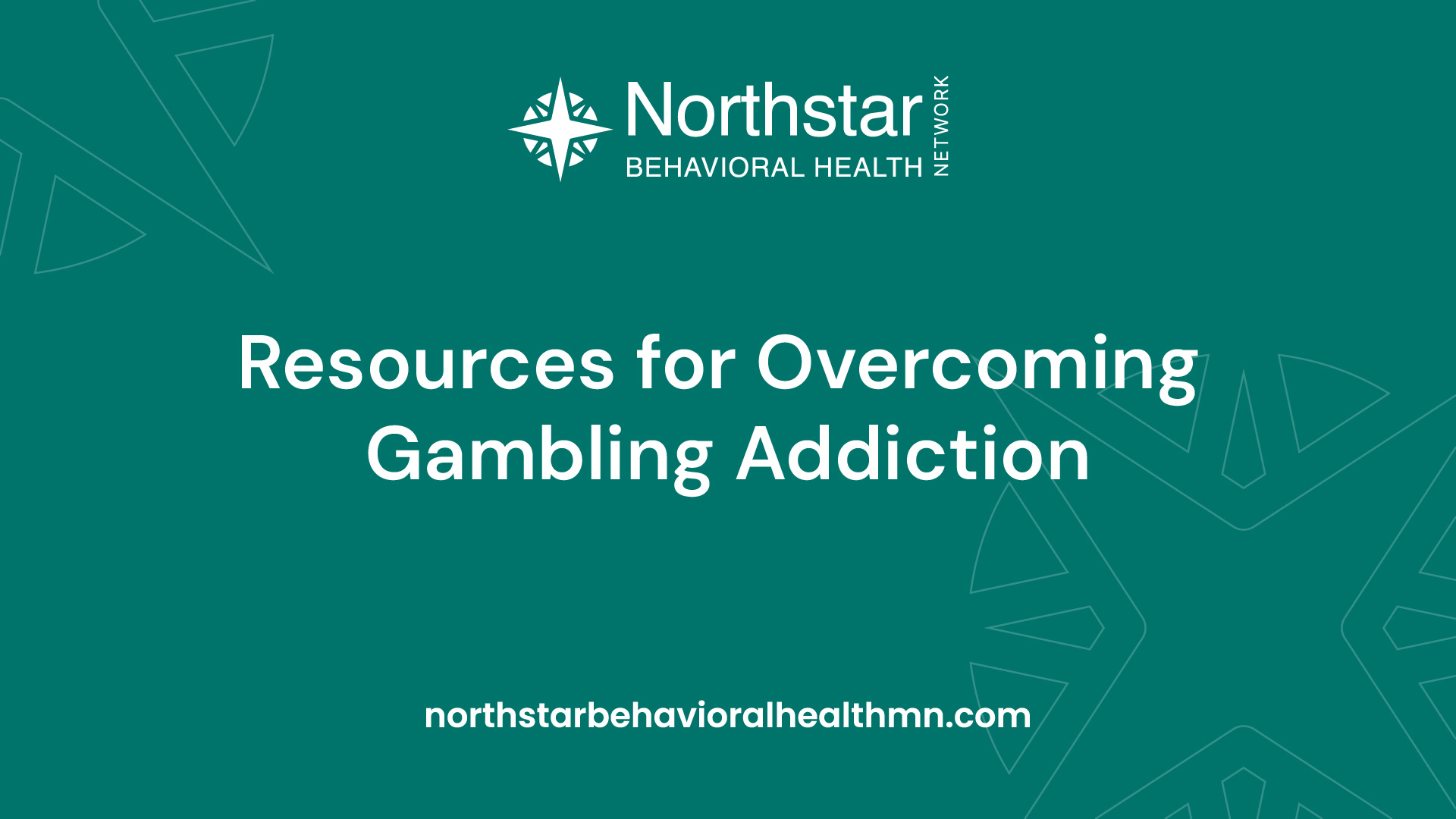
There are various resources available for those seeking to overcome gambling addiction. Support networks, professional help, and informational resources can provide guidance and encouragement. Here are some helpful options:
- Support Groups: Groups such as Gamblers Anonymous offer a community of individuals sharing similar struggles.
- Counseling Services: Professional therapists can provide one-on-one support tailored to individual needs.
- Hotlines: National helplines, such as the National Council on Problem Gambling, offer immediate support and guidance.
- Financial Counseling: Resources to help manage financial issues related to gambling can be crucial for recovery.
For more information on overcoming addiction and the journey of recovery, individuals can explore Chris Herren’s “REBOUND”: A Journey of Overcoming Drug Addiction. This resource shares personal experiences and insights that can resonate with those facing similar challenges.
Strategies for Prevention
Preventing gambling addiction, particularly in the context of games like Powerball, requires proactive strategies. Setting limits and finding healthy alternatives can significantly reduce the risk of falling into problematic behaviors.
Setting Limits and Boundaries
Establishing clear boundaries around gambling activities is essential. This helps to create a controlled environment where the risks associated with gambling are minimized. Here are some effective strategies for setting limits:
- Budgeting: Allocate a specific amount of money for gambling activities each month. Once it's gone, refrain from spending more.
- Time Management: Set a timer for how long one will engage in gambling, whether it's playing Powerball or other games. After the time is up, stop.
- Frequency Limitation: Limit the number of times per week or month that one participates in gambling activities.
- Self-Exclusion: Enroll in self-exclusion programs that prevent access to gambling venues or online platforms.
These boundaries can help individuals maintain control over their gambling habits. For more information on maintaining boundaries in addiction, check out our article on chris herren’s “rebound”: a journey of overcoming drug addiction.
Healthy Alternatives to Gambling
Finding healthy activities to replace gambling can be a powerful way to prevent addiction. Here are some beneficial alternatives that individuals can explore:
- Exercise: Engaging in physical activity can reduce stress and improve mental health, making it a great alternative to gambling.
- Hobbies: Pursuing hobbies such as painting, gardening, or cooking can provide fulfillment and distract from the urge to gamble.
- Volunteering: Helping others can lead to a sense of purpose and connection, which can be fulfilling and reduce the desire to gamble.
- Social Activities: Spending time with friends and family can create supportive relationships and positive experiences, reducing isolation.
Encouraging individuals to participate in these alternatives can foster a healthier lifestyle. For those struggling with addiction, exploring these options may pave the way for recovery. For further insights into addiction recovery, see our articles on four important things about relapse and addiction is a family disease.
Chris Herren's Story of Overcoming Addiction
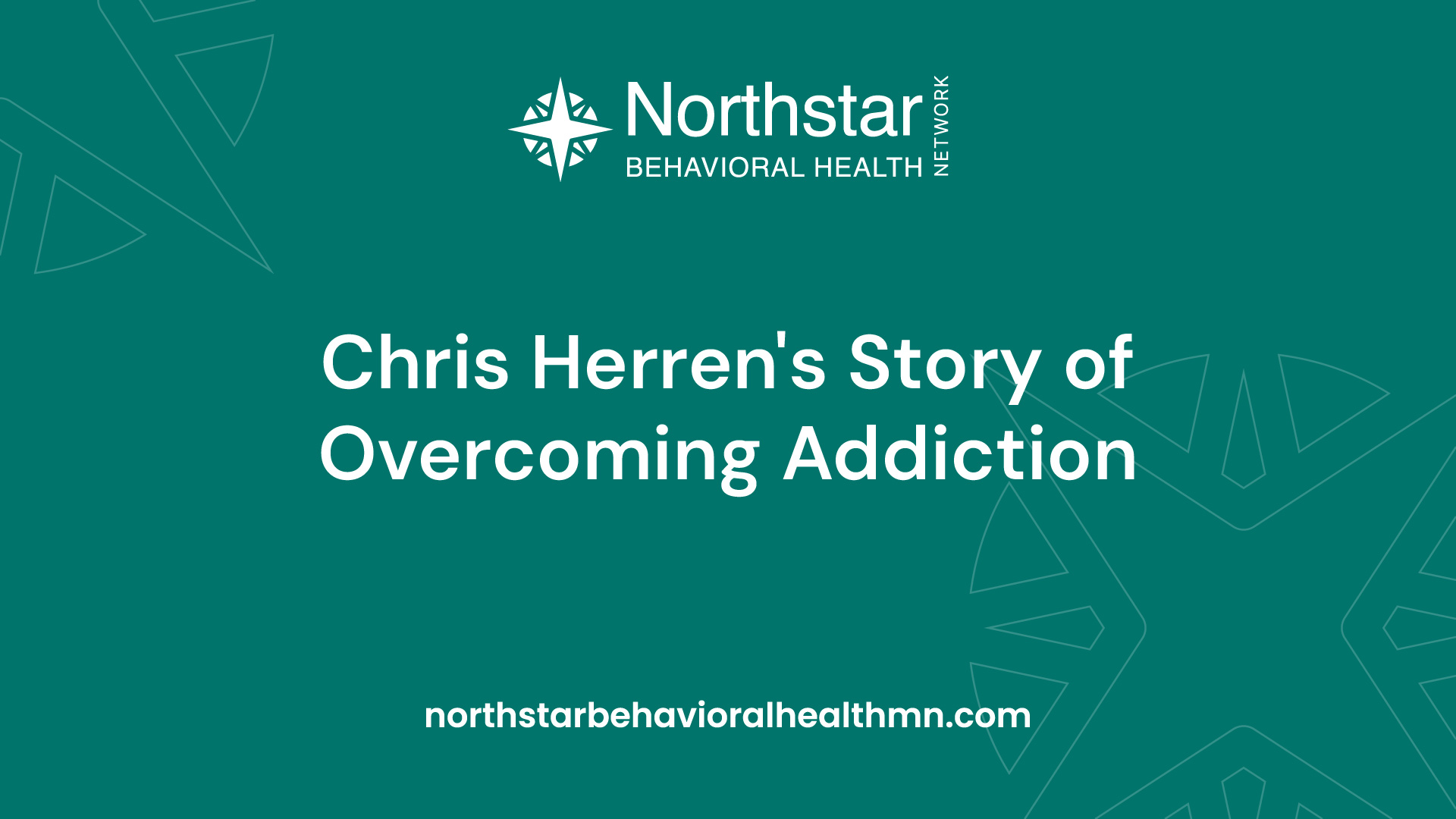
Chris Herren is a powerful example of recovery from addiction. He faced struggles with substance abuse during his basketball career, which impacted not only his professional life but also his personal relationships. Herren's journey is marked by significant challenges, but it also showcases the potential for change and healing.
Herren's story begins with his rise as a talented basketball player, but it quickly turns into a narrative of despair as he battles addiction. His experiences reflect how addiction can consume one's life, leading to detrimental consequences. He openly shares the details of his struggles and the turning points that helped him seek help.
Key Events:
- Early Career: Herren's success in basketball was overshadowed by substance use.
- Turning Point: A series of events prompted him to confront his addiction.
- Recovery Journey: Herren sought help and began to rebuild his life.
Herren's openness about his experiences helps others understand the depth of addiction and the importance of seeking help. His story serves as a beacon of hope for those who may feel lost in their own struggles.
Lessons from Chris Herren's "REBOUND" Journey
In his book, "REBOUND", Chris Herren shares valuable lessons learned throughout his recovery process. The narrative emphasizes the importance of resilience, support, and self-awareness in overcoming addiction.
One of the critical lessons from Herren's journey is the significance of acknowledging the problem. He stresses that recognizing addiction as a serious issue is the first step toward recovery. This acknowledgment can lead to seeking the necessary support and resources to overcome challenges.
Another essential aspect that Herren highlights is the role of community and support networks. Building connections with others who understand the struggles of addiction can provide strength and encouragement. It is vital for individuals battling addiction to surround themselves with supportive people who can guide them through their recovery.
Herren's experiences also emphasize the importance of coping strategies and healthy alternatives to addiction. Engaging in activities that promote well-being can help replace harmful habits. For further information on coping strategies, explore our article on five ways to protect your child from drugs.
Chris Herren's story and the lessons learned through "REBOUND" illustrate that recovery is possible. His journey serves as a reminder that while addiction can have devastating effects, it is never too late to seek help and make positive changes.
Moving Forward
Recovering from addiction, including the potential pitfalls of gambling, requires commitment and support. Chris Herren's journey highlights the importance of taking actionable steps toward recovery and building a strong support network.
Steps Towards Recovery
Recovery is a gradual process that involves several key steps. Here are crucial actions individuals can take to move forward in their recovery journey:
- Acknowledge the Problem: Recognizing that there is an issue is the first step on the path to recovery.
- Seek Professional Help: Consulting with a therapist or counselor who specializes in addiction can provide valuable guidance.
- Set Realistic Goals: Establishing small, achievable goals can help build confidence and track progress.
- Develop Coping Strategies: Finding healthy ways to cope with stress, such as exercise or meditation, can reduce the urge to engage in harmful behaviors.
- Stay Educated: Learning about the effects of gambling and the potential for addiction can empower individuals to make informed choices.
For more insights on overcoming addiction, you can explore Chris Herren's story in Chris Herren’s “REBOUND”: A Journey of Overcoming Drug Addiction.
Building a Support Network
A strong support network plays a vital role in recovery from addiction. Connecting with others who understand the journey can provide encouragement and accountability. Here are ways to build a supportive environment:
- Friends and Family: Engaging loved ones can create a safe space for sharing feelings and challenges.
- Support Groups: Joining groups like Gamblers Anonymous can connect individuals with others facing similar struggles.
- Professional Support: Therapists or counselors can offer tailored strategies and coping mechanisms.
- Online Communities: Participating in online forums can provide additional support and resources.
Understanding that addiction is not just an individual battle, but a challenge that affects the entire family is essential. For insights on family dynamics during recovery, read about addiction as a family disease and the six common roles of family members of addicts.
Taking these steps and building a supportive network can significantly enhance the recovery experience for those impacted by gambling addiction, including the dangers associated with games like Powerball.

.jpg)




.jpg)

